The Indian Council of Medical Research (ICMR) on Tuesday asked the States to stop using the newly-distributed Chinese rapid testing kits (RT-PCR) meant to detect coronavirus for the next two days amid reports of inaccurate results from Rajasthan and three other States.
India procured five lakh rapid antibody testing kits from two Chinese firms last week and these were distributed to States for the districts with a high burden of the infection. As per the ICMR, variation in accuracy of results ranges from 6-71 per cent. It will be sending expert teams on fields to test the new RT-PCR kits.
“We received a complaint of less detection from one State. So we spoke to three States and found a lot of variation is there in the accuracy of test results of positive samples, in some places it is 6 per cent while others it is 71 per cent,
“We have decided to launch field studies for validation into the quality of rapid test kits. We will convey our guidance to States in two days. Until then States are advised not to use rapid kits,” head of Epidemiology and Communicable Diseases at ICMR Raman R Gangakhedkar said at a Press briefing here.
Replying to a query he said if the kits are found faulty, replacement process would be initiated.
“This is not a good thing because when such a huge variation is seen we need to investigate further even if it is the first generation of the test. This disease is only 3.5-month-old so all technologies will be refined over time but we can’t ignore these findings,” he added.
He added that over the next two days the ICMR will be sending eight expert teams on the field to validate the results.
The ICMR also said it will raise an issue with the manufacturer of the kits if results continue to be faulty.
Earlier on Tuesday, the Rajasthan Government stopped using the China-made rapid testing kits for coronavirus after they delivered inaccurate results.
The Union Health Ministry said 705 people had been cured between Monday and Tuesday — the highest single-day rise in cured cases.
Additionally, there are now four previously affected districts that have not reported any case for 28 days, said Lav Agarwal, Joint Secretary in the Health Ministry.
These are Mahe in Puducherry, Kodagu in Karnataka, Pauri Garhwal in Uttarakhand and Pratapgarh in Rajasthan.
Also, 61 districts nationally have not reported a new case for 14 days.
The official also said that, “We have issued detailed guidelines to all States that while we focus on Covid19, all other services need to be provided, be it for dialysis, HIV/cancer treatments etc. At the same time required infection management prevention should be in place.”
The kits are to be used to test people with fever, cough, and shortness of breath in 325 districts that are currently unaffected, starting with those that are in States with a high number of Covid-19 cases, explained the official, who asked not to be named. This will be the first mass testing exercise in these districts.
Rajasthan State Health Minister Raghu Sharma said, “After the test sample results, there is a question mark over the rapid test kits. We used it in the State as per ICMR guidelines but this experiment failed completely. We were hoping that the accuracy of the test will be more than 90 per cent but it was just 5 per cent. We have sent the report of the results to the ICMR. If the ICMR doesn’t provide any satisfactory response, we may send all these kits back,” he said.
www.Dailypioneer.com
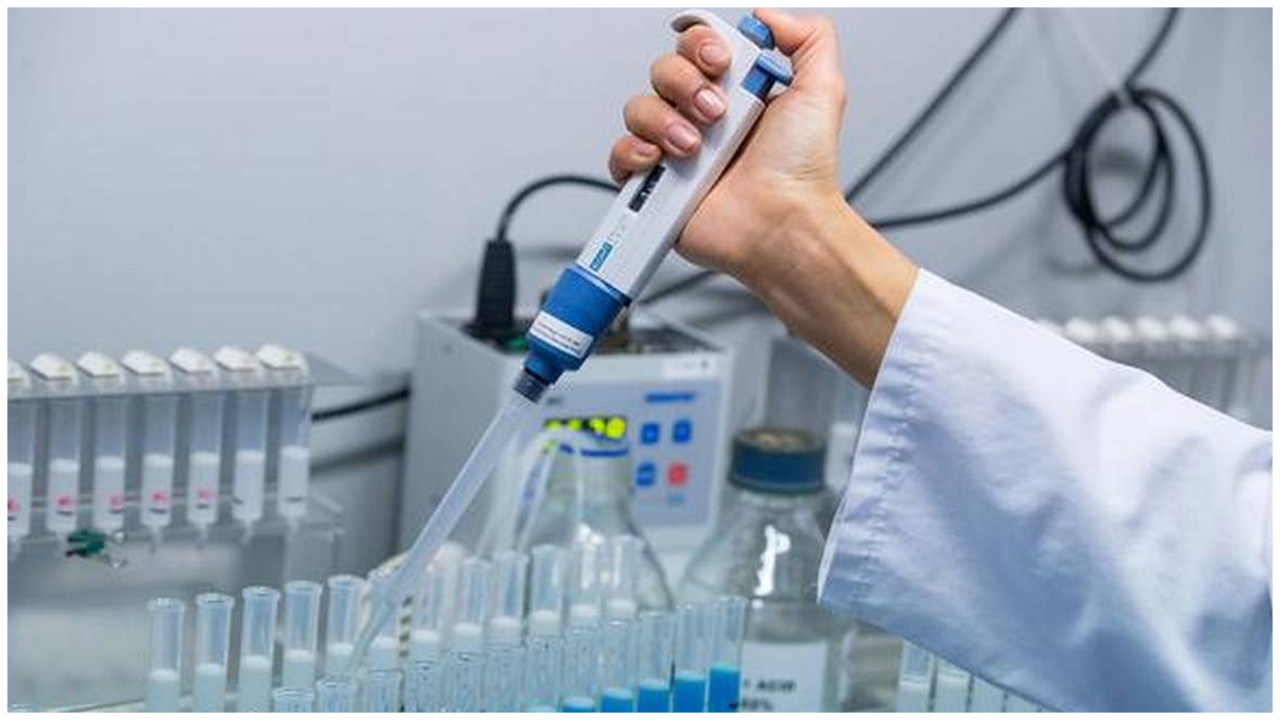
 Rajasthan State Health Minister Raghu Sharma said, “After the test sample results, there is a question mark over the rapid test kits. We used it in the State as per ICMR guidelines but this experiment failed completely
Rajasthan State Health Minister Raghu Sharma said, “After the test sample results, there is a question mark over the rapid test kits. We used it in the State as per ICMR guidelines but this experiment failed completely








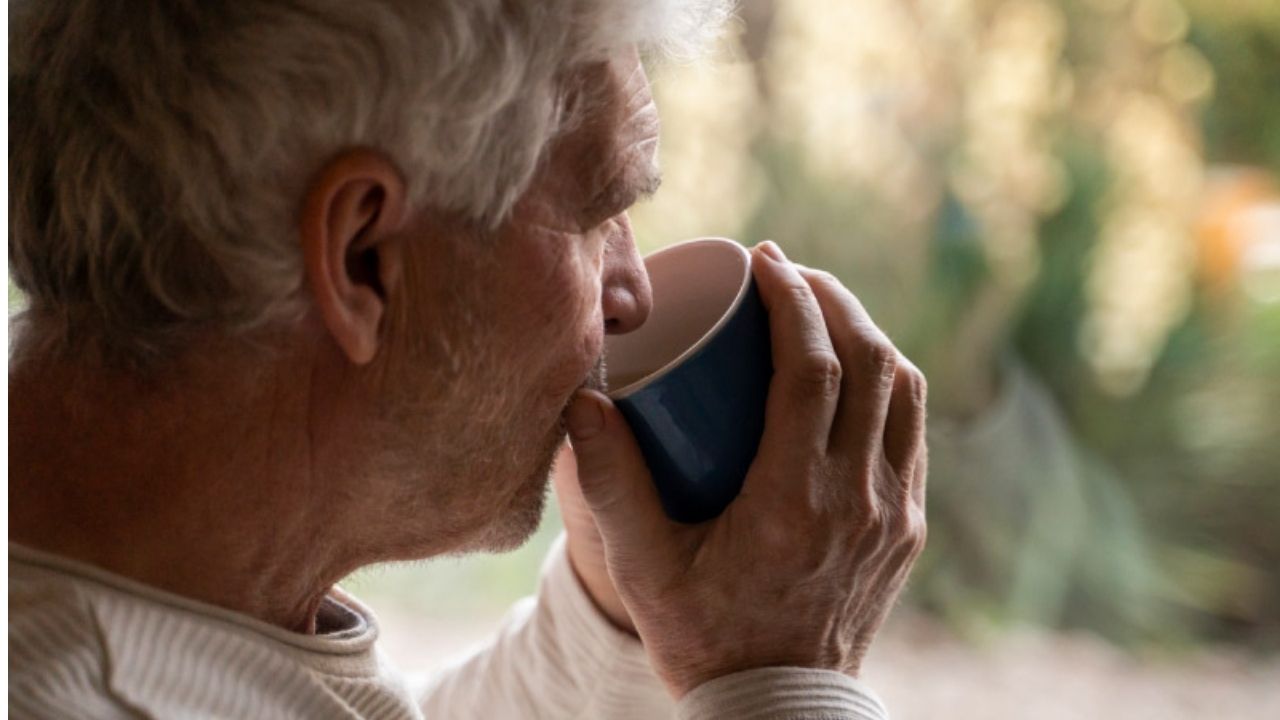


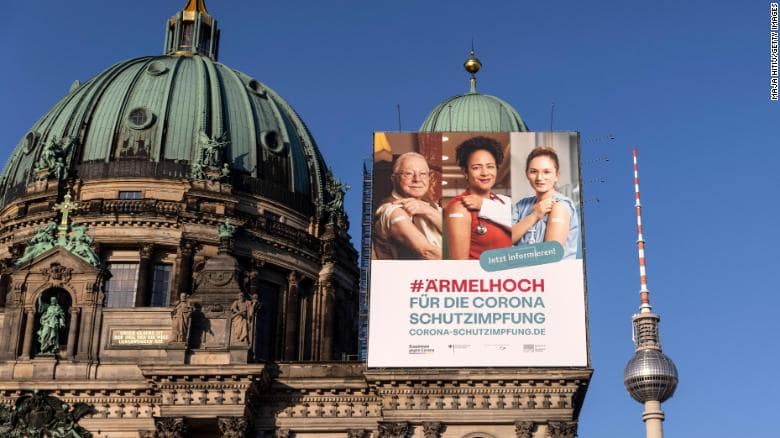
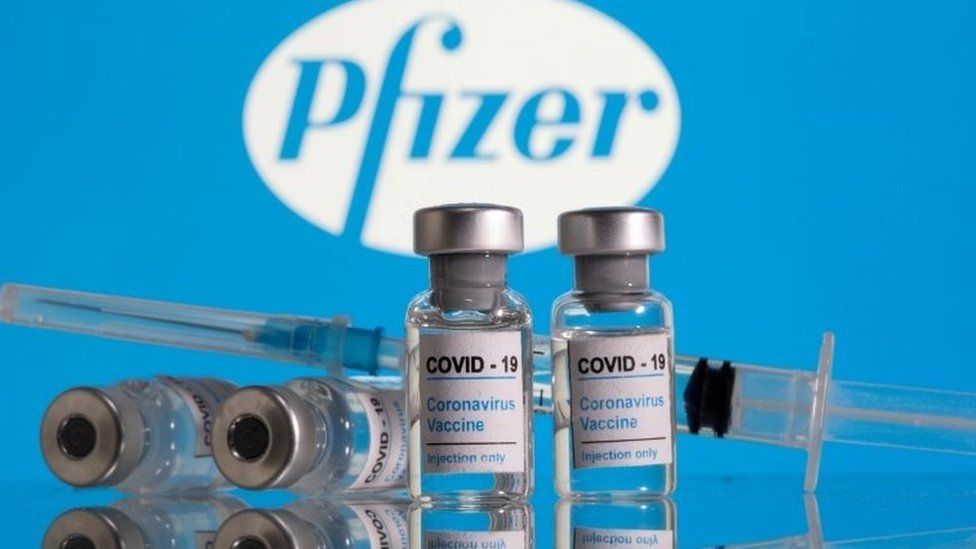
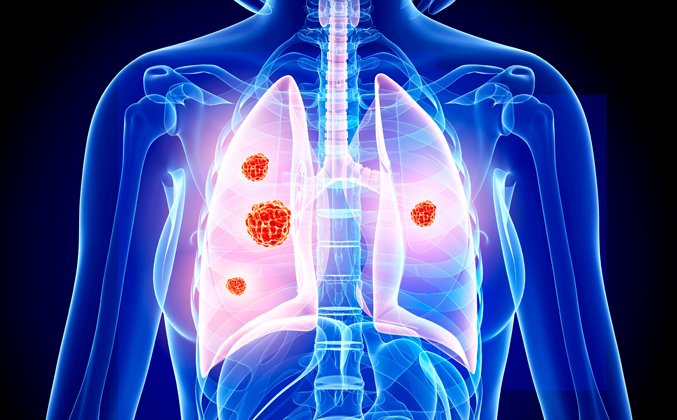





.jpeg)


.jpeg)



.jpeg)
.jpeg)






.jpeg)





